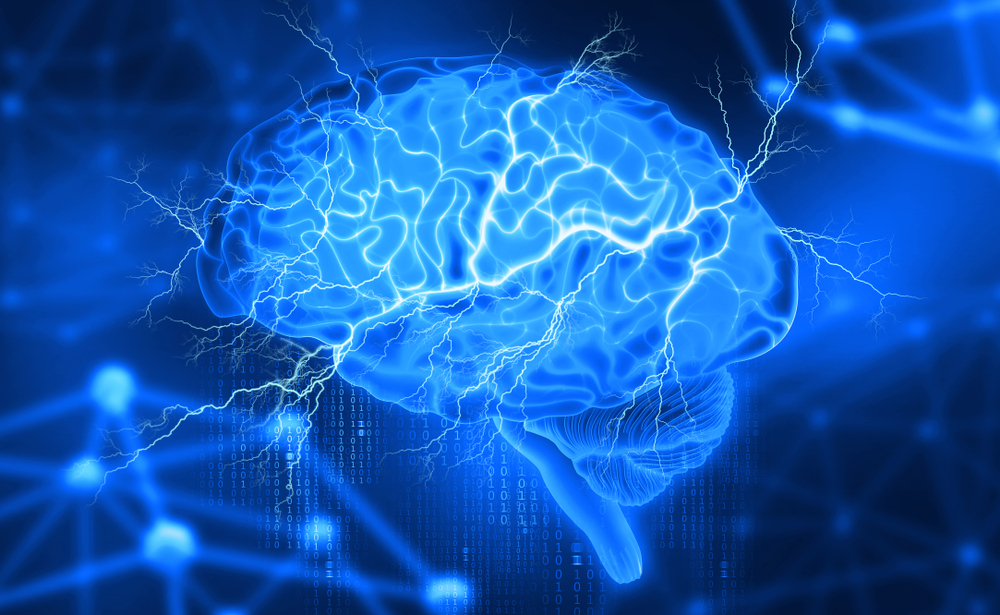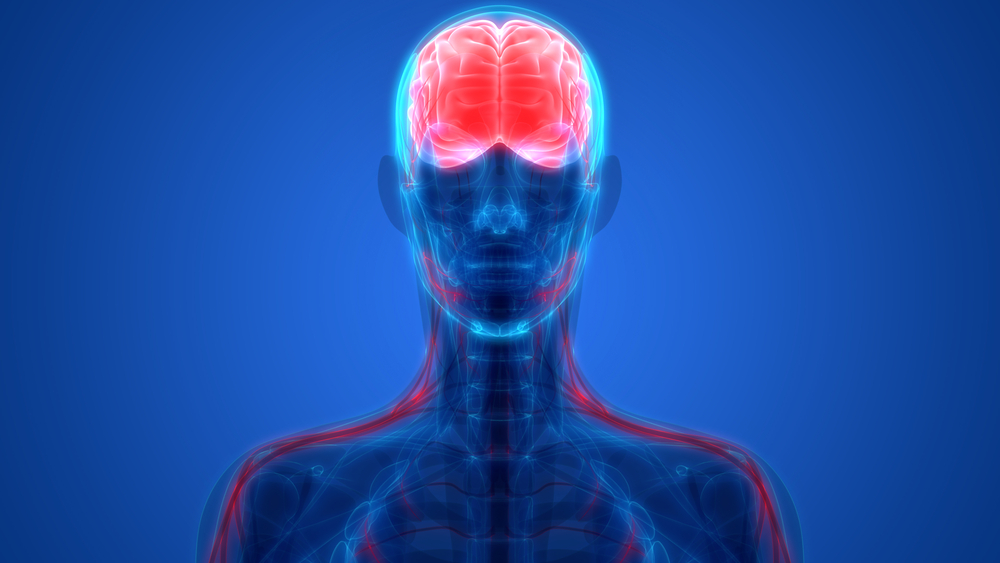The brain is the most complex and important organ in the human body. It is the control center for all bodily functions and is responsible for processing and interpreting information from the senses, regulating bodily functions, and controlling behavior and movement.
The brain is a large, complex organ that is protected by the skull. It is divided into several distinct regions, each with its own specialized functions. The outermost layer of the brain is called the cerebral cortex, which is responsible for higher cognitive functions such as thought, perception, and language.
The brain is also composed of several deeper structures, including the thalamus, hypothalamus, and brainstem. These structures are responsible for regulating basic bodily functions such as sleep, hunger, and breathing.
The brain is made up of billions of specialized cells called neurons, which communicate with each other through electrical and chemical signals. These signals allow for the rapid processing and interpretation of sensory information, as well as the coordination of complex movements and behaviors.
In addition to its role in regulating bodily functions and behavior, the brain is also the center of consciousness and is responsible for the subjective experience of the world. It is the source of thoughts, emotions, and personality and is the organ that allows us to perceive and interact with our environment.
Disorders and injuries of the brain can have a wide range of effects on behavior and cognitive function, depending on the location and severity of the damage. Some common neurological disorders include stroke, Alzheimer’s disease, Parkinson’s disease, traumatic brain injury, and epilepsy. These conditions can cause a range of symptoms, including cognitive impairment, memory loss, motor dysfunction, and seizures.

Electricity Causes Brain Injuries
Electricity is an essential part of modern life. It powers our homes, businesses, and infrastructure, and it’s used in a variety of industries. However, electricity can also be dangerous, and exposure to it can cause brain injuries.
Electricity can cause brain injuries through a process called electrocution. Electrocution occurs when an electric current passes through the body and into the brain. When an electric current passes through the brain, it can cause a variety of injuries, including thermal damage, neuronal death, and hemorrhage. The severity of the injury depends on the intensity and duration of the current, as well as the specific location of the injury in the brain.
Electricity Can Cause Thermal Damage, Neuronal Death, And Brain Hemorrhages
One way that electricity can cause brain injuries is through the generation of heat. When an electric current passes through the body, it can generate heat that can damage the tissues and cells in the brain. This damage can lead to various symptoms, including headache, dizziness, and confusion.
Electricity can also cause neuronal death in the brain. Neurons are the cells in the brain that are responsible for transmitting and processing information. When an electric current passes through the brain, it can disrupt the electrical charge of the neurons, leading to cell death. This can cause symptoms such as confusion, memory loss, and difficulty concentrating.
In addition to thermal damage and neuronal death, electricity can cause hemorrhage in the brain. Hemorrhage occurs when there is bleeding in the brain, which can cause a variety of symptoms, including headache, nausea, and vomiting. Hemorrhage can be caused by the disruption of blood vessels in the brain, which can occur when an electric current passes through the brain.
Electricity can also cause brain injuries through the disruption of normal cellular function. The cells in the brain are responsible for transmitting and processing information, and an electric current can disrupt this process by damaging the cell membrane, disrupting the electrical charge of the cell, and disrupting the normal flow of ions and molecules in and out of the cell. This disruption can lead to cognitive impairment, memory loss, and changes in behavior.
Electricity Can Cause Brain Injuries Secondary To Cardiac Arrest
One of the most serious ways that electricity can cause brain injuries is through cardiac arrest. Cardiac arrest occurs when the heart stops beating and can be caused by exposure to an electric current. When the heart stops beating, blood flow to the brain is disrupted, and the brain can be deprived of oxygen and nutrients. This can damage the brain and cause memory loss, cognitive impairment, and motor function deficits.
The symptoms of brain injuries caused by electricity can be severe and have long-term effects on a person’s quality of life. In some cases, brain injuries caused by electricity can lead to permanent brain damage and disability.
Some common symptoms include headache, dizziness, confusion, memory loss, cognitive impairment, changes in behavior, and seizures. In severe cases, brain injuries can lead to long-term effects, including permanent cognitive impairment, memory loss, and motor function deficits.
The treatment for brain injuries caused by electricity depends on the specific symptoms and severity of the damage. In some cases, the damage may be reversible with time and rest. In more severe cases, medical treatment may be necessary, including medication, surgery, and rehabilitation.
If you sustained an electrical injury, you should be evaluated and treated by medical doctors who specialize in brain injuries. Early detection of a brain injury can be key to managing the effects.
The Louisiana personal injury attorneys at Herman Herman Katz are experienced in handling electrical accident lawsuits involving brain injuries. For more information or a free case consultation, fill out our contact form or call 844-943-7626.
Free Case Evaluation
More About HHK
Other Electrical Accidents News
The nervous system is a complex network of specialized cells […]
Electricity powers our modern world, enabling us to enjoy countless […]
Working in the construction industry comes with many risks. The […]
Trusted Baton Rouge Electrocution Attorney Ready To Serve You Electricity […]
New Orleans, LA Power Line Electrocution Injury Lawyer Many electrocutions […]






